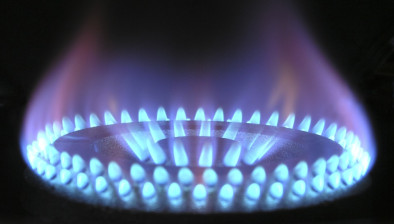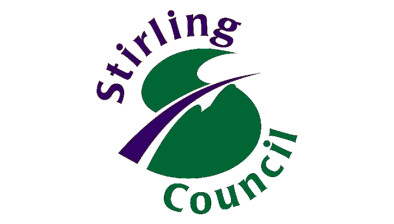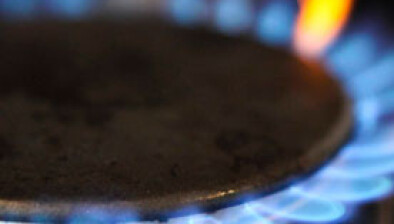Energy boss presents ‘7 steps to alleviating fuel poverty’ plan to government

The UK’s lowest-income households will need an extra £593 this winter to avoid excess deaths as a result of fuel poverty, the CEO of one of the UK’s largest energy suppliers has suggested.
Bill Bullen, CEO of smart PAYG specialist Utilita Energy, is urging the UK Government to give targeted and direct financial assistance for fuel poor households after commissioning one of the most in-depth studies into fuel poverty in Britain.
According to Mr Bullen, the hardest up households will need at least £593 additional government support to stay warm and keep the lights on this winter – based on Utilita analysis of smart meter data from more than 51,000 financially vulnerable households.
Utilita says this is the most precise measurement of the fuel poverty gap ever published.
The call for urgent intervention is one of seven demands being made by Mr Bullen to help millions of vulnerable households facing a bleak winter ahead.
The pioneering study analysed self-rationing and self-disconnection behaviours of 51,205 financially vulnerable households over the last two winters - before and during the energy crisis. It analysed changes in energy consumption levels against the rising cost of energy to identify the exact financial shortfall causing households to go without the energy they need.
For the first time, it has revealed that households experiencing the worst fuel poverty will need at least an extra £593 to afford the energy they need to maintain a safe and healthy heat, based on an expected £1,850 price cap on 1 October. The additional support required would rise to £797 if the price cap increased to £2,500 in a worst-case scenario.
Utilita also revealed fuel poverty in England and Wales is affecting more households than the government and charities claim. Fuel poverty charity, National Energy Action, calculated that 6.6m households in England and Wales will be in fuel poverty from 1st July 2023 - almost double the 3.7m households the government reported as being in fuel poverty last year. Based on the government’s ‘10% of income’ fuel poverty metric and last year’s ONS household income data, 33% of households in England and Wales are in fuel poverty today - that’s nine million or one in three. In Scotland around 900,000 households are now in fuel poverty, with two-thirds experiencing extreme fuel poverty.
Utilita’s energy behaviour insights reveal that October 24 is the official ‘heating switch on day’ for most households in England and Wales but can be as early as mid-August in Scotland. The outside temperature trigger for home heating is 12.5 degrees Celsius.
Bill Bullen said: “The government must not allow one in three households to agonise about the winter ahead, with no guarantee of any financial assistance. Low-income households are less resilient than ever and are already self-rationing both energy and food for fear of what’s ahead.
“Our data shows last winter’s £400 Energy Bill Support credits cut self-disconnections for Smart PAYG households by half - this winter they need to be at least £593. Anything less for these households - and the Department for Work and Pensions knows who they are - will be negligent and will leave the tab to be picked up by the NHS.
“Research has proved that for every £1 spent on reducing fuel poverty, 42p in savings are realised by the NHS. This means that for every £593 direct energy credit provided to alleviate fuel poverty, the NHS would save £250.”
Without the recommended financial assistance and with only half of the country’s households already having a smart meter installed, approximately 4.5 million of the nine million households in fuel poverty will go under the radar of their energy supplier and left to struggle in silence.
Despite popular belief, fuel poverty is a bigger problem amongst households who pay by direct debit (52%), than those who prepay (24%).
Bill Bullen added: “Around six in ten fuel poor households pay by direct debit, and half of these won’t be smart-enabled, meaning they will be self-rationing and going without - all under the radar of those who can support them.
“With 92% of Utilita’s households being smart-enabled, we are able to keep a close eye on those with vulnerabilities and help them out when they need it most - since autumn 2021, we have helped our customers afford more than £100m of energy when they have been unable to make ends meet.”
Dr Brenda Boardman MBE is a research fellow at University of Oxford and a campaigner against fuel poverty. She is in support of Bullen’s urgent calls for intervention:
“The evidence from Utilita’s customers is that deprivation is already extensive. The Government must acknowledge this and confirm a long-term programme of support for the millions of fuel poor customers, rather than introduce piecemeal schemes every six months. This should include capital expenditure on energy efficiency improvements as well as immediate reductions to fuel costs.”
Bill Bullen is calling for the government to make seven urgent interventions to alleviate fuel poverty ahead of this winter - the full paper can be accessed here.






